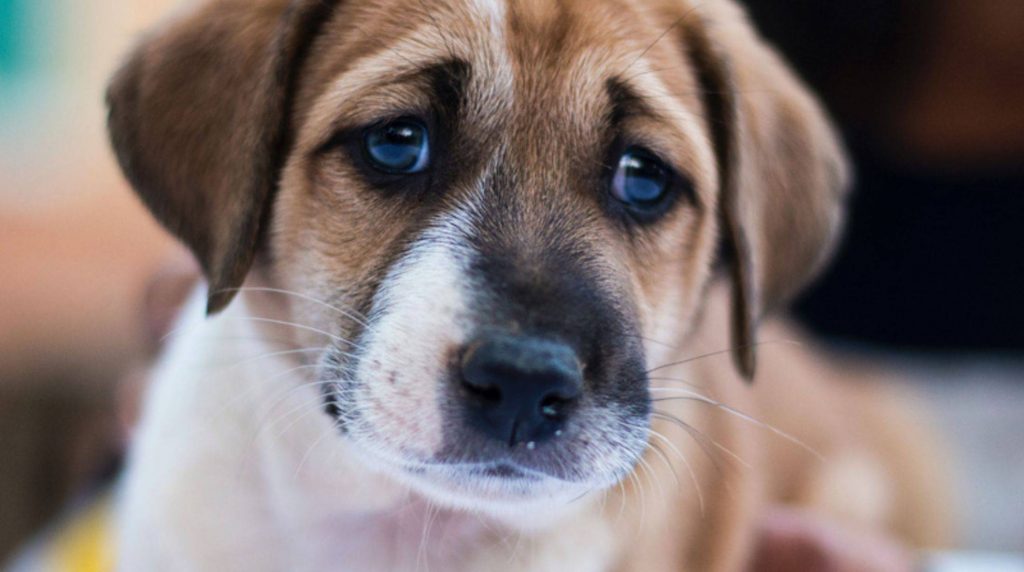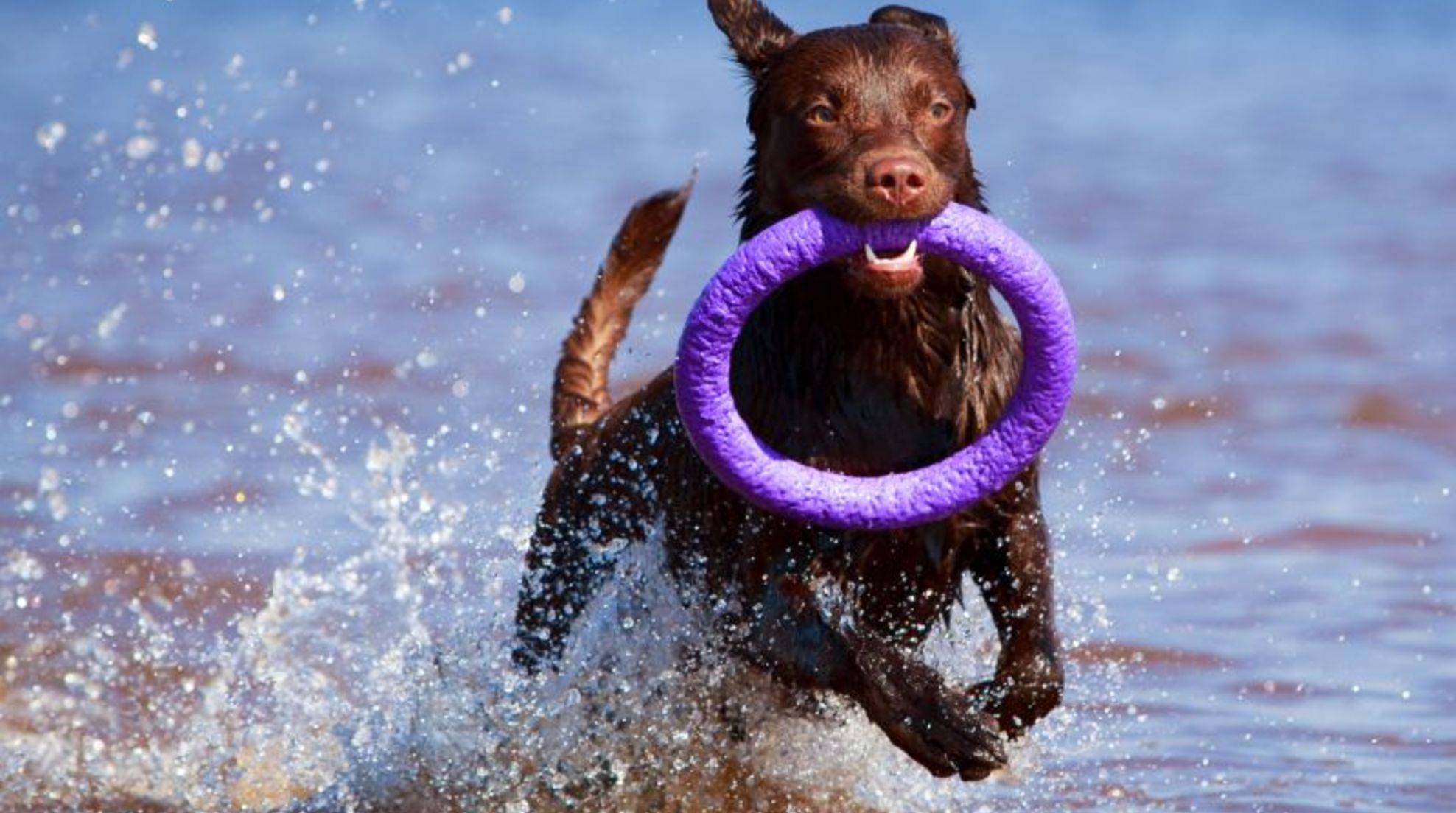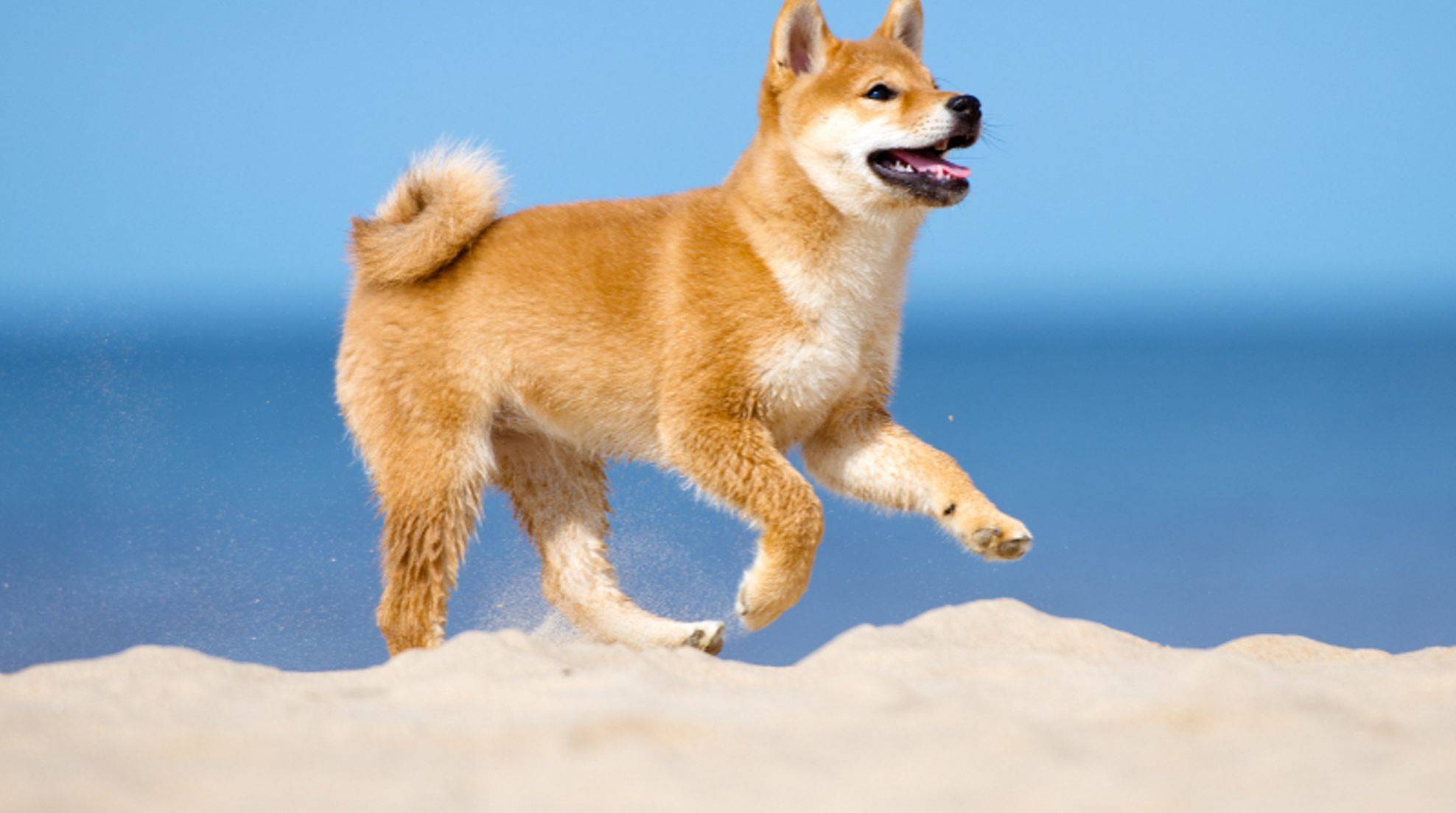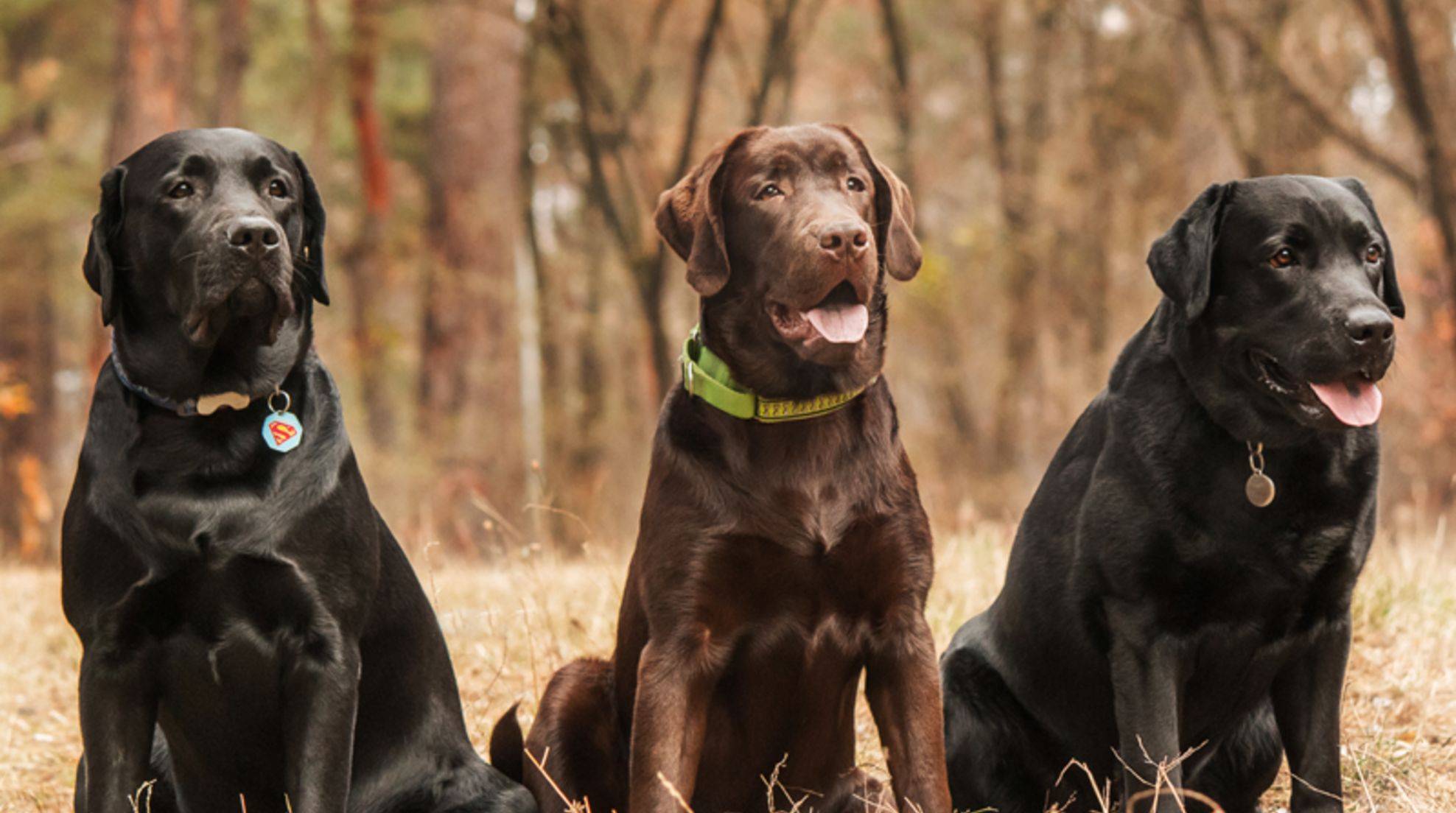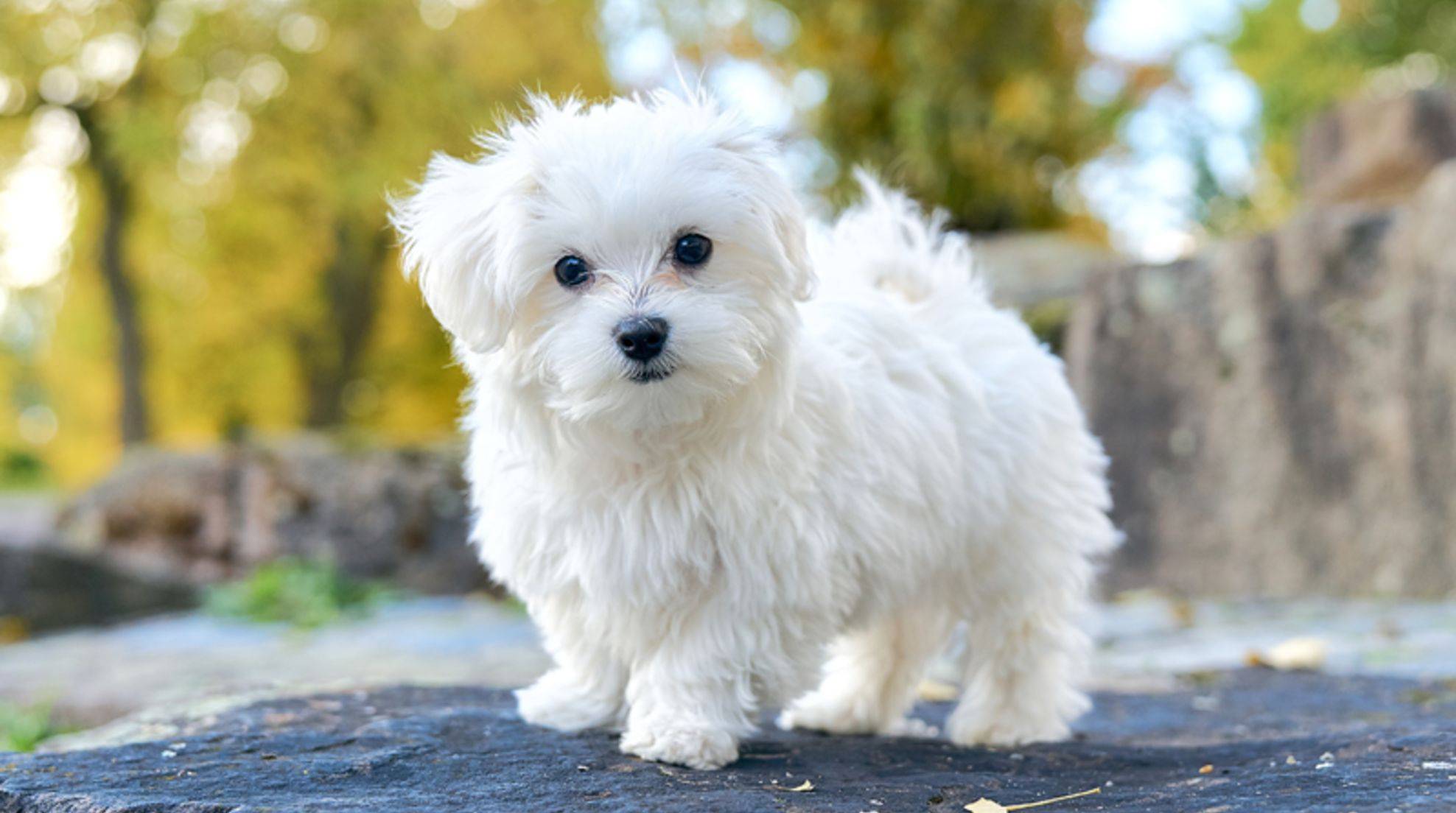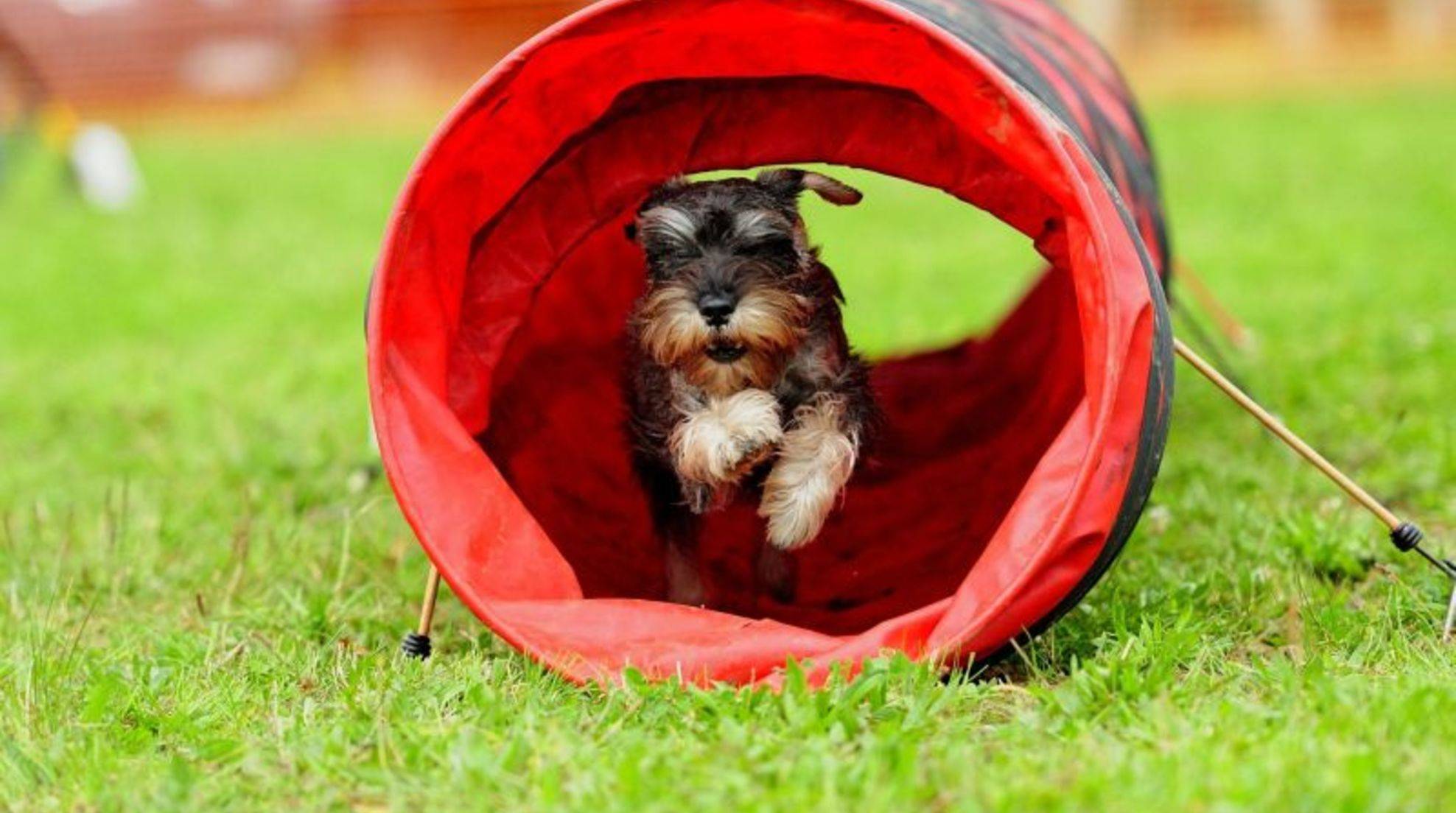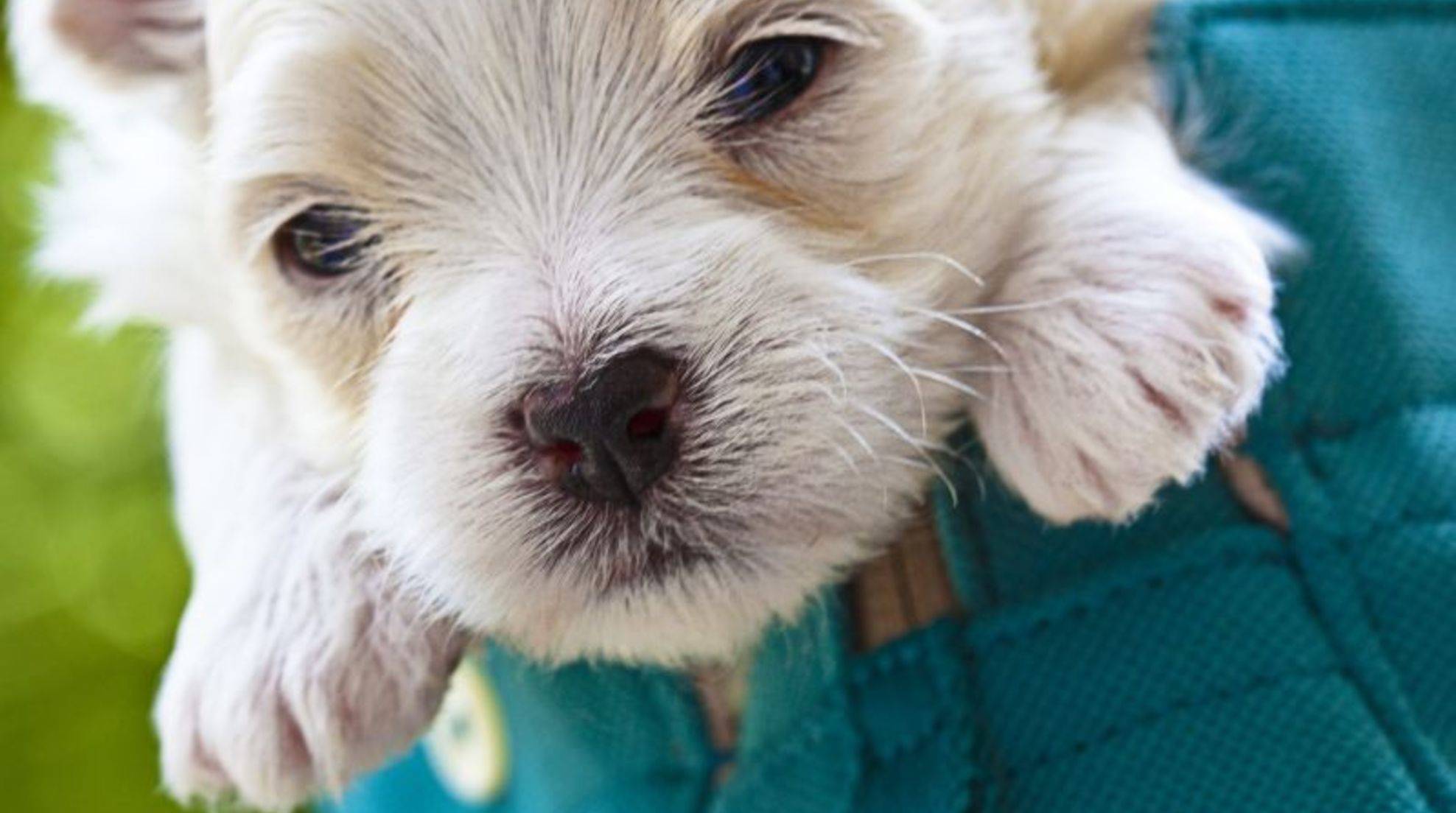Grief among dogs: When animals miss their four-legged companion
Do dogs also grieve? If your dog’s beloved companion dies, the animal’s grief for the other four-legged friend can indeed be immense. The death is as close to the pet to the owner and often ends in depression. However, you can help your dog to overcome the grief.
Four-legged friends usually grieve intensely for their deceased companion in the household. They look for him, no longer want to eat, no longer want to play. The mourning is for dogs, thereby just as emotional as we know it from ourselves. Reasons for this lie in the social nature of the dog.
The grief of dogs: Quite similar to humans
The bond of the dog to its conspecific or master is similar to the bond between parents and children. In addition, there are brain structures in which feelings are processed. Another factor is hormonal balance. Grief in humans leads to an increase in stress hormones in the blood, distress in dogs proceeds in the same way.
Signs of grief in dogs:
Changes in sleeping habits
Altered eating behavior, possibly refusal to eat food
Decreasing interest in activities
Sudden fear of being alone
Restless and aimless behavior
Increased howling and whining
Rank disputes with other dogs, for example, if several four-legged friends live in the household.
Sudden fear-related aggressive behavior towards other dogs
Let your dog say goodbye to his animal partner.
So your dog will also grieve and show compassion after a loss. How your four-legged friend gently gets over this grief? Many dog psychologists recommend allowing your pet to say goodbye.
If you can, bring the veterinarian to your home for possible euthanasia. This way, you and your pet can say goodbye to your best friend together. Your dog will naturally learn about the death of his animal companion and will grieve less because he will understand with you in the pack that death is quite natural.
Routine and habits in the mourning phase are important.
Don’t overwhelm your dog in the early stages of grief, and give him time to get over the loss on his own. However, you must maintain a routine in dealing with your four-legged friend during this time. Continue to feed him at his usual times or take him for walks, just as you did before his partner died. This will help your dog lower his stress level.
However, you should not indulge your pet, for example, by feeding it from your hand if it spurns its food. This approach could be counterproductive for your dog in his mourning phase. Better are healthy habits and security that strengthen your four-legged friend.
Help for the dog: Overcoming the grief over the death of a partner
How long do dogs grieve? There is no universal answer to this question because it depends on the individual character of your pet. If your four-legged friend is mourning the loss of his canine friend for a more extended period, help him with homeopathic remedies to calm him down.
Additional occupations, such as teaching your dog new tricks, can also provide distraction. Your best friend will thank you for it.
After the mourning phase – what happens next?
Are you wondering when the right time has come to provide your dog with a new animal partner? Even if your dog has overcome the first mourning phase, you should not rush this decision. On the one hand, you must be ready for another dog, and on the other hand, your four-legged friend should also be open to it.
A second dog in the household could even make the situation
If your old dog feels stressed by the strange newcomer or sees his territory threatened, aggravate the situation.
Tip: Try it first with the dog of a friend or acquaintance. Let your four-legged friend engage intensively with the other dog. If you see that he gets along well and plays with him, that’s a sign that your dog might be ready for a new partner.

